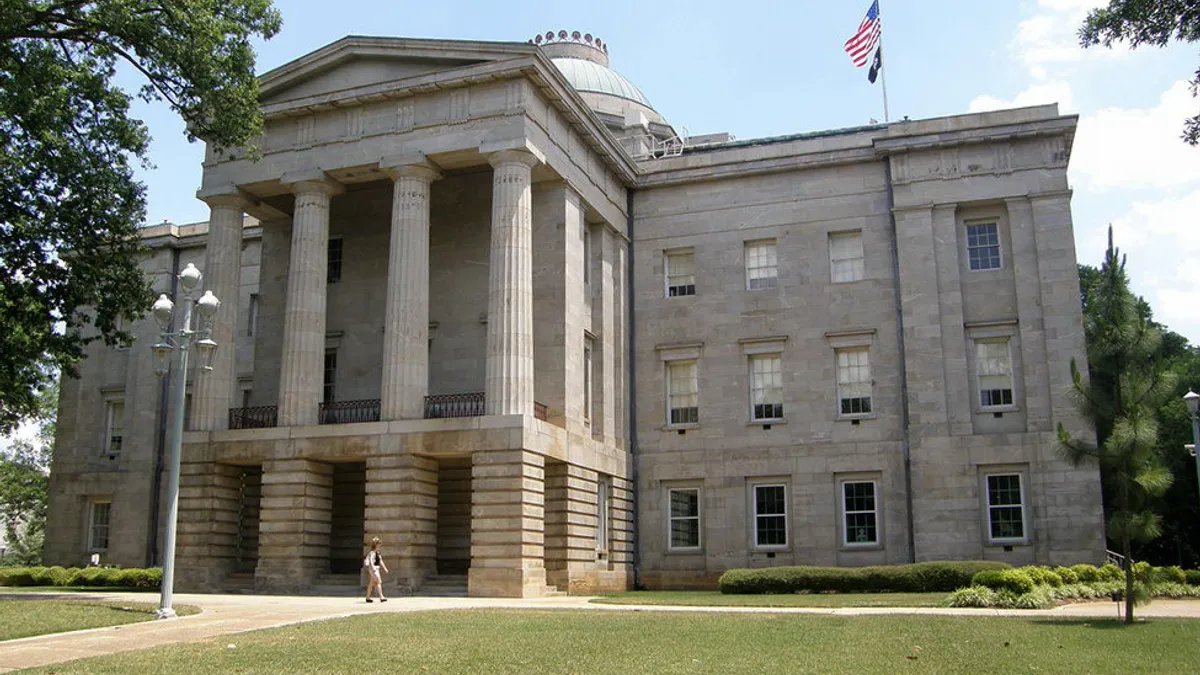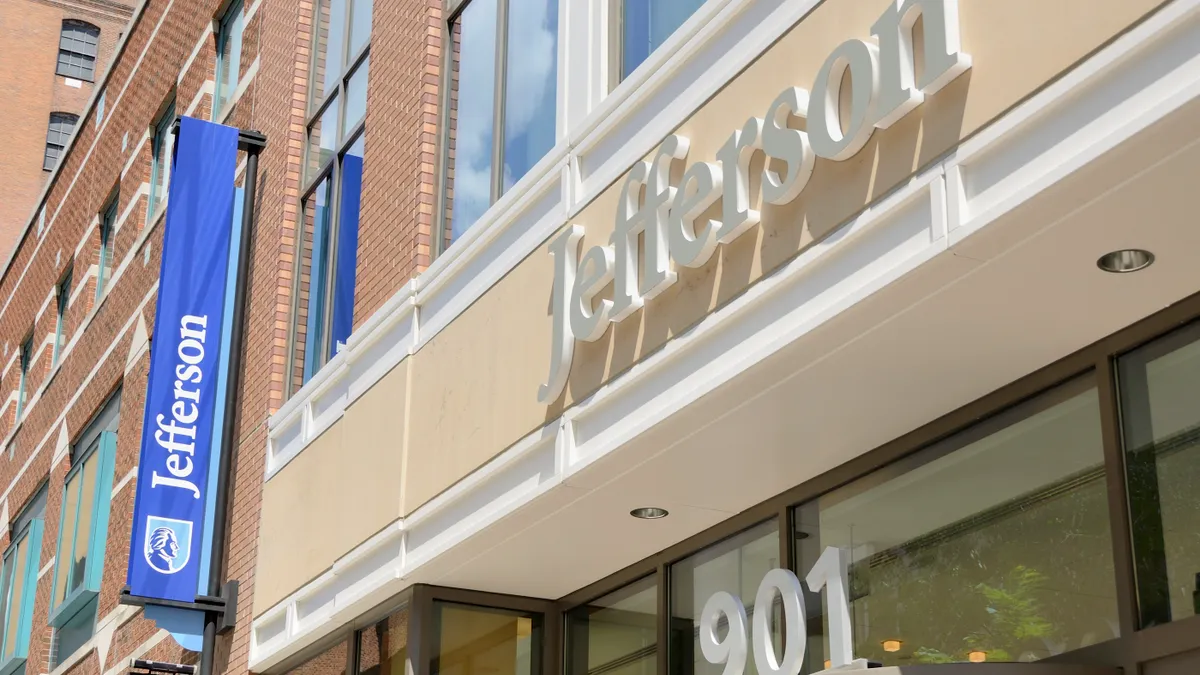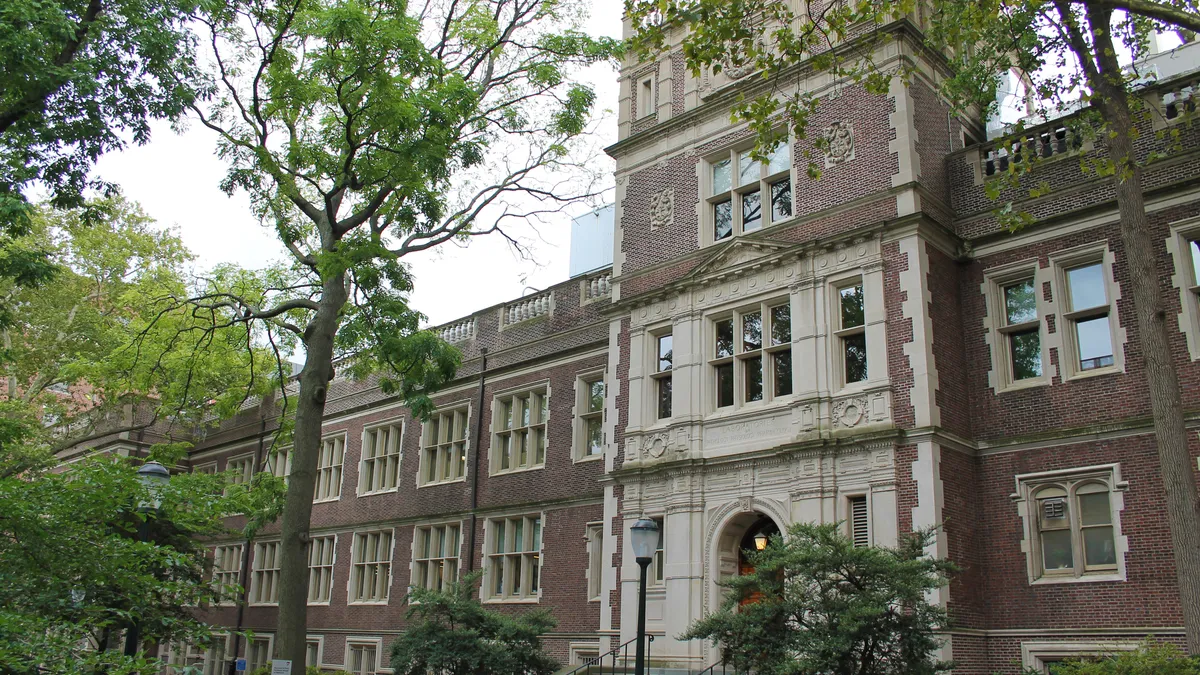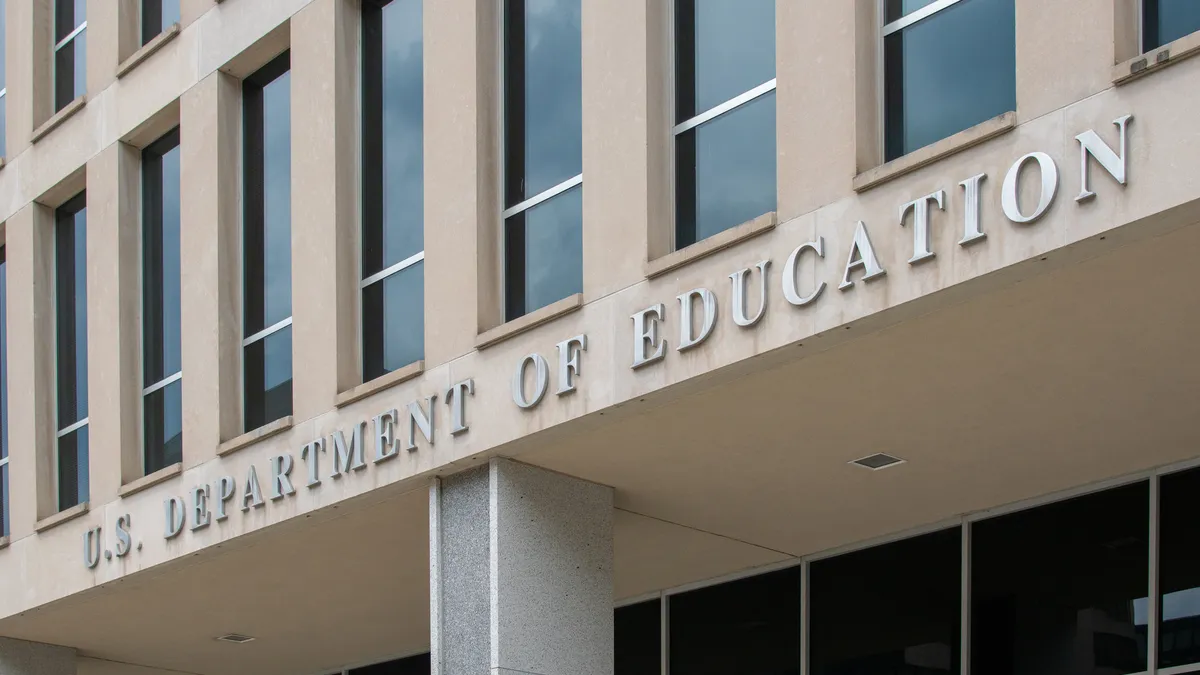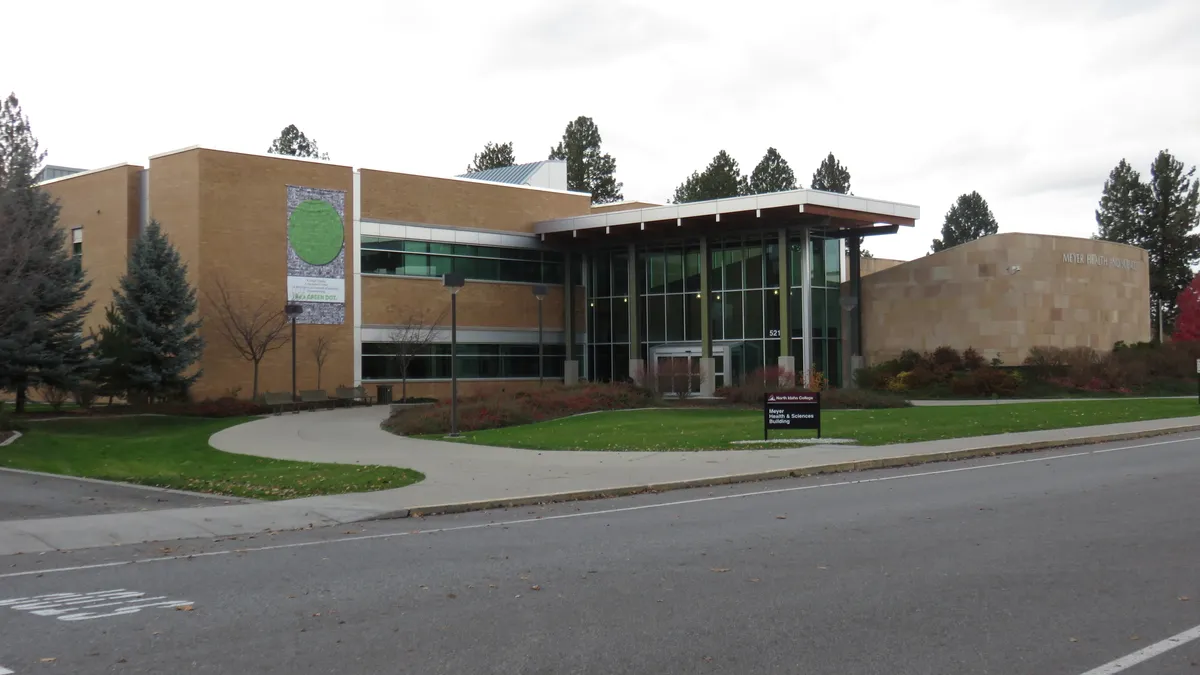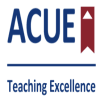Six years ago, alumni, students and staff at historically Black colleges and universities in North Carolina wanted nothing to do with a new state program that lowered in-state undergraduate tuition to $500 per semester at several public institutions.
They feared it would lead to a revenue crisis despite the state Legislature promising to make up for lost tuition dollars. Two HBCUs were ultimately dropped from the measure that launched the program, NC Promise, in 2018.
State Senate President Pro Tempore Phil Berger's staff likes to keep on hand some of the most disparaging comments about the legislation made during those days.
"This one is perhaps the most egregious," said Berger, a Republican, one recent afternoon. He went on to read out loud a comment by Rev. William Barber, who at the time was head of North Carolina's NAACP chapter and an outspoken critic of the Legislature. Barber warned that the drastically reduced tuition revenue under NC Promise would bankrupt HBCUs, adding "this bill attacks people of color directly." (Barber and the NAACP chapter did not respond to requests for comment.)
But in the years since, the program has coincided with increased undergraduate enrollment in North Carolina and the three universities offering NC Promise tuition rates. It's been credited with helping to reverse the fortunes of Elizabeth City State University, the sole historically Black university that's been a part of it.
Now, Fayetteville State University, which is also an HBCU, is joining the club. Early concerns that the NC Promise program would exacerbate financial strife for struggling colleges seem to be largely forgotten.
"I can't help but think," Berger said, "that a lot of the criticism we faced initially was this idea that if Republicans are for it and HBCUs are involved, it must be bad."
To be fair, the same lawmakers who were championing NC Promise in 2016 had sparred — and still do spar — with progressives over racially sensitive issues. Last year, Berger backed a failed effort that critics said would have banned public schools from teaching critical race theory, an academic concept which explores the idea that race is a social construct and racism is embedded in policy.
"I can't help but think that a lot of the criticism we faced initially was this idea that if Republicans are for it and HBCUs are involved, it must be bad."

Phil Berger
North Carolina Senate president pro tempore
Lawmakers control appointments to the University of North Carolina System's governing board. And the system's board has been part of wrenching battles. Several years ago, the flagship Chapel Hill's president departed amid a struggle over what to do with the Silent Sam Confederate monument on campus. Last year, a struggle broke out over whether to allow Chapel Hill to grant tenure to Nikole Hannah-Jones, a Black journalist who covers racial justice and created the 1619 Project, which examines how slavery shaped the present-day U.S. and has evoked criticism and praise from historians.
But now, college affordability is something everyone can seem to get behind. Republicans tend to champion it as an economic development policy that will increase the state's educational attainment and ultimately grow the economy. Democrats like that lowering the financial barriers to college has the potential to narrow racial and social equity gaps in the state.
Darrell Allison is the former chair of the UNC Board of Governors' Racial Equity Task Force and is now chancellor of Fayetteville State University. He highlighted the fact that more than half of the university's student population is low-income or a first-generation college student. Half of the university's students are older than 24.
"If there ever was an example of a school that could benefit from the NC Promise program and diversity of students it could serve, it's Fayetteville State University," Allison said.
Still, there's a lot yet to be written about North Carolina's model for college affordability. In the short term, it has proven to be a tool for rehabilitating struggling colleges. But whether it can achieve its longer-term goal of growing the state's economy through higher education remains to be seen. And while its proponents say it's a model for other states to consider, some observers say it could go further to close equity gaps in higher ed achievement.
Driving record enrollment growth
From the standpoint of lowering the largest financial barriers to college, much can be said for how NC Promise is designed. It lowers undergraduate tuition to $500 per semester for in-state students and $2,500 for out-of-state students, a nearly 80% discount off the average published price of tuition for both groups at non-Promise colleges. Incoming students to the four Promise schools — Fayetteville State, Elizabeth City State, the University of North Carolina at Pembroke and Western Carolina University — don't have to go through means testing or jump through any other hoops to qualify. That makes it easier for lower-income students and especially first-generation college students to take advantage, experts say.
"The core value of promise programs is making college more affordable and accessible," said Victoria Jackson, assistant director of higher ed policy at the Education Trust, a nonprofit that seeks to close equity gaps affecting students of color and low-income students. "When you can reduce those financial barriers and make sure residents of your state understand that college is something within their reach, it enables people to start thinking differently about their future."
Indeed, enrollment is up at all three of the established NC Promise colleges, including an impressive 52% jump at Elizabeth City State since a low of 1,350 students in 2016 — two years before the start of the NC Promise program. A recent state audit found that the Promise program had a positive impact on enrollment at Elizabeth City State and declared it "funding neutral" for the university because losses in funding from lower tuition were compensated by state appropriations.
"When you're able to cut off the No. 1 inhibitor of why a student isn't able to get entrance to or persist in college, that's a real game changer."

Darrell Allison
Fayetteville State University chancellor
Across all three founding colleges, data shows that first-time and transfer students are driving or contributing to the enrollment growth. For example, at both Elizabeth City State and UNC Pembroke, new undergraduate transfers increased by more than 50% in the first year of the Promise program.
Meanwhile the Legislature has kept its word, spreading tens of millions of dollars in additional funding across the three founding universities to cover the gap in tuition revenue every year since 2018 — from $51 million in the program's first year to $66 million in 2021-22. Starting in the upcoming fiscal year, the legislature will increase its annual Promise payment to $82.5 million to include covering Fayetteville State.
That's in addition to one-time expenses related to the increased infrastructure needs associated with higher enrollment. For example, Fayetteville State this year is receiving a record $164 million in total funding, which includes $63 million toward a new college of education, $40 million for a new residence hall and $10 million for a new parking deck.
Allison stopped short of saying whether he expected Fayetteville State's enrollment to grow as dramatically as the other NC Promise colleges. Records show Fayetteville State's student population has already been marching upward for years, although graduate enrollment has driven most recent growth. Allison expects enrollment to continue growing over time and hopes Fayetteville State's affordability will ultimately deepen the quality of the student experience.
"When you're able to cut off the No. 1 inhibitor of why a student isn't able to get entrance to or persist in college, that's a real game changer," he said.
Will it last?
A big unanswered question remains: Will NC Promise prove its worth? While evidence points to success at getting more students to attend college, the tuition program hasn't been around long enough to show whether these students persist to finish their degrees.
After all, tuition is but one part of the cost of college. Fees range from about $2,000 to $3,000 annually at UNC institutions, in addition to the cost of food, transportation, and room and board.
"When you look at the full cost of attendance in many states for that on-campus experience, it's completely beyond what financial aid is available to low-income students."

Victoria Jackson,
Assistant director of higher ed policy at the Education Trust
Lawmakers have also capped annual fee increases to 3% per year. But external costs like food and housing can often be at least as much as the annual cost of tuition, so discounted or even free tuition programs may not work as desired by themselves.
Not covering such costs might mean students are unable to access higher ed, said Jackson, of the Education Trust. When students' cost-of-living- needs aren't met, they are less likely to complete degrees.
"When you look at the full cost of attendance in many states for that on-campus experience, it's completely beyond what financial aid is available to low-income students," Jackson said.
NC Promise's design has pros and cons in that respect. It's a "first-dollar" program, meaning lower-income students can still apply for federal or state financial aid and use that money toward other costs. By comparison, the Tennessee Promise program guarantees free tuition and mandatory fees at all community or technical colleges, but only after other financial aid is exhausted.
But Jackson said NC Promise's $500 per semester price tag — $4,000 over four years — could still be a barrier for some.
North Carolina also offers free tuition at a number of community colleges, and Gov. Roy Cooper recently used federal coronavirus aid to extend that tuition rate to every two-year college in the state through 2024's spring semester.
But the state's Promise program design isn't likely to change to free tuition for four-year colleges.
"I do think there's an important motivational factor," said Berger, the state Senate president pro tempore. "Folks have to have skin in the game."
Participating colleges are taking it upon themselves to reduce other barriers. Fayetteville State, for example, is using federal coronavirus aid to offer free summer school — including the cost of books, room and board — for students taking up to two classes. Its chancellor, Allison, said he also wants to implement a program for students that helps them navigate their personal finances and financial aid while in college, and that prepares them for entering the workforce.
"Folks have to have skin in the game."

Phil Berger
North Carolina Senate president pro tempore
More broadly, NC Promise's long-term success will depend on whether it contributes to the Legislature's overall goal of cultivating a homegrown workforce that increases North Carolina's economic competitiveness. Four years isn't enough time to do that, but a team of researchers at UNC-Chapel Hill is working on a way to evaluate NC Promise's outcomes.
How long will this traditionally fiscally thrifty state keep funding the NC Promise program before it wants to see results?
"Nothing's certain, of course," Berger said. "But in talking with people around the state who come from all kinds of backgrounds, there's broad agreement on just one thing — that is support for higher education."


